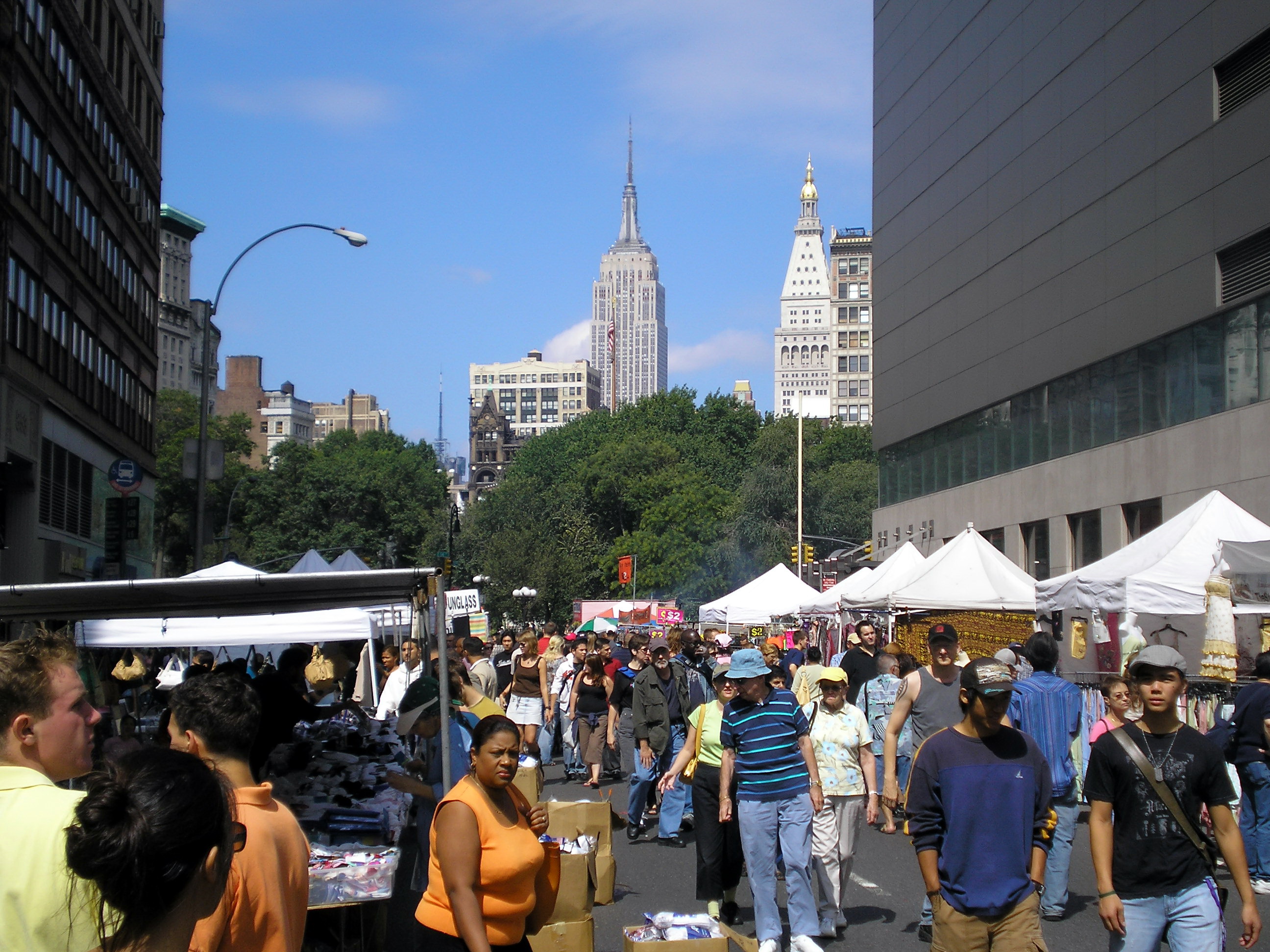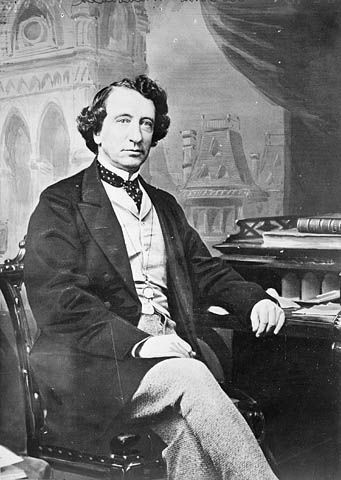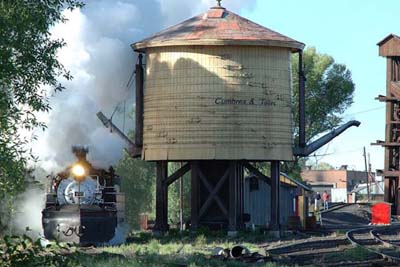|
Oliver Paipoonge, Ontario
Oliver Paipoonge is a township in the Canadian province of Ontario, located directly west of the city of Thunder Bay. The municipality was formed on January 1, 1998, with the amalgamation of the former Township of Oliver and Township of Paipoonge. It contains several communities within its boundaries, including Baird, Carters Corners, Harstone, Kakabeka Falls, Lee, McCluskeys Corners, Millar, Murillo, Rosslyn, Slate River Valley, Stanley and Twin City. The remainder of the municipality is agricultural or rural. The municipality is part of Thunder Bay's Census Metropolitan Area. Geography The geography of Oliver Paipoonge transitions from river valleys in the south, through flat open farmland and rolling hills in the central areas, to the rough Canadian Shield in the north. The most notable geographic feature is Kakabeka Falls, located on the western edge of the municipality in Kakabeka Falls Provincial Park. Communities Murillo contains a post office, a store, a municipal h ... [...More Info...] [...Related Items...] OR: [Wikipedia] [Google] [Baidu] |
List Of Municipalities In Ontario
Ontario is the Population of Canada by province and territory, most populous provinces and territories of Canada, province in Canada with 14,223,942 residents as of Canada 2021 Census, 2021 and is List of Canadian provinces and territories by area#Land area, third-largest in land area at . Ontario's 444 municipalities cover only of the province's land mass yet are home to of its population. These municipalities provide Local government, local or regional municipal government services within either a single-tier or shared two-tier municipal structure. A municipality in Ontario is "a geographic area whose inhabitants are incorporated" according to the ''Municipal Act, 2001''. Ontario's three municipality types include upper and lower-tier municipalities within the two-tier structure, and single-tier municipalities (Unitary authority, unitary authorities) that are exempt from the two-tier structure. Single and lower-tier municipalities are grouped together as local municipaliti ... [...More Info...] [...Related Items...] OR: [Wikipedia] [Google] [Baidu] |
Agricultural
Agriculture or farming is the practice of cultivating Plant, plants and livestock. Agriculture was the key development in the rise of Sedentism, sedentary human civilization, whereby farming of Domestication, domesticated species created food Economic surplus, surpluses that enabled people to live in cities. The history of agriculture began thousands of years ago. After gathering wild grains beginning at least 105,000 years ago, nascent farmers began to plant them around 11,500 years ago. Sheep, goats, pigs and cattle were domesticated over 10,000 years ago. Plants were independently cultivated in at least 11 regions of the world. Industrial agriculture based on large-scale monoculture in the twentieth century came to dominate agricultural output, though about 2 billion people still depended on subsistence agriculture. The major agricultural products can be broadly grouped into Food, foods, Fiber, fibers, fuels, and raw materials (such as Natural rubber, rubber). Food clas ... [...More Info...] [...Related Items...] OR: [Wikipedia] [Google] [Baidu] |
Statistics Canada
Statistics Canada (StatCan; french: Statistique Canada), formed in 1971, is the agency of the Government of Canada commissioned with producing statistics to help better understand Canada, its population, resources, economy, society, and culture. It is headquartered in Ottawa.Statistics Canada, 150 Tunney's Pasture Driveway Ottawa, Ontario K1A 0T6; Statistique Canada 150, promenade du pré Tunney Ottawa, Ontario K1A 0T6 The agency is led by the chief statistician of Canada, currently Anil Arora, who assumed the role on September 19, 2016. StatCan is responsible to Parliament through the Minister of Innovation, Science and Industry, currently François-Philippe Champagne. Statistics Canada acts as the national statistical agency for Canada, and Statistics Canada produces statistics for all the provinces as well as the federal government. In addition to conducting about 350 active surveys on virtually all aspects of Canadian life, the '' Statistics Act'' mandates that Statistic ... [...More Info...] [...Related Items...] OR: [Wikipedia] [Google] [Baidu] |
2021 Canadian Census
The 2021 Canadian census was a detailed enumeration of the Canadian population with a reference date of May 11, 2021. It follows the 2016 Canadian census, which recorded a population of 35,151,728. The overall response rate was 98%, which is slightly lower than the response rate for the 2016 census. It recorded a population of 36,991,981, a 5.2% increase from 2016. Planning Consultation on census program content was from September 11 to December 8, 2017. The census was conducted by Statistics Canada, and was contactless as a result of the COVID-19 pandemic in Canada. The agency had considered delaying the census until 2022. About 900 supervisors and 31,000 field enumerators were hired to conduct the door-to-door survey of individuals and households who had not completed the census questionnaire by late May or early June. Canvassing agents wore masks and maintained a physical distance to comply with COVID-19 safety regulations. Questionnaire In early May 2021, Statistics Can ... [...More Info...] [...Related Items...] OR: [Wikipedia] [Google] [Baidu] |
Street Fair
A street fair celebrates the character of a neighborhood. As its name suggests, it is typically held on the main street of a neighborhood. The principal component of street fairs are booths used to sell goods (particularly food) or convey information. Some include carnival rides and parades. Many have live music and dance demonstrations. Fairs typically range no more than a few blocks long, although some fairs, such as the 9th Avenue International Food Festival in New York City and the Solano Stroll in Northern California, extend more than a mile. A fair only one block long is commonly called a block party. Variety Street fairs vary greatly in character, even within one city. Annual street fairs in Seattle, Washington, for example, include the University District Street Fair that feature the work of craftspeople and require that the person who make the goods that are for sale must be present in their own booths. The Fremont Fair features crafts from around the world, as well a ... [...More Info...] [...Related Items...] OR: [Wikipedia] [Google] [Baidu] |
Lauber Arboretum
Lauber Arboretum is an arboretum located in Kakabeka Falls, Ontario. It has been developed privately by Mr. and Mrs. Bert Sitch. The arboretum includes many indigenous species, along with twenty-odd species non-indigenous to the area, which the Sitches have collected on their travels. Lauber Arboretum does not have a seed exchange program, but it is the management's practice to exchange seed and plants with horticultural institutions in Ottawa, Guelph and the Morden Research Station in Manitoba. There is ample area for expansion, with some 10,000 pine and spruce reforested. See also *List of botanical gardens in Canada Alberta * Alberta Horticultural Research Center, Brooks * Calgary Zoological Gardens, Calgary * Devonian Gardens (Calgary), Calgary * Cascades of Time Garden (Banff), Banff * Lee Pavilion located within the Citadel Theatre, Edmonton * Lethb ... ReferencesPerennial Plant Association Flora of Ontario Arboreta in Canada Geography of Thunder Bay District ... [...More Info...] [...Related Items...] OR: [Wikipedia] [Google] [Baidu] |
Gravel
Gravel is a loose aggregation of rock fragments. Gravel occurs naturally throughout the world as a result of sedimentary and erosive geologic processes; it is also produced in large quantities commercially as crushed stone. Gravel is classified by particle size range and includes size classes from granule- to boulder-sized fragments. In the Udden-Wentworth scale gravel is categorized into granular gravel () and pebble gravel (). ISO 14688 grades gravels as fine, medium, and coarse, with ranges 2–6.3 mm to 20–63 mm. One cubic metre of gravel typically weighs about 1,800 kg (or a cubic yard weighs about 3,000 lb). Gravel is an important commercial product, with a number of applications. Almost half of all gravel production is used as aggregate for concrete. Much of the rest is used for road construction, either in the road base or as the road surface (with or without asphalt or other binders.) Naturally occurring porous gravel deposits have a ... [...More Info...] [...Related Items...] OR: [Wikipedia] [Google] [Baidu] |
Golf
Golf is a club-and-ball sport in which players use various clubs to hit balls into a series of holes on a course in as few strokes as possible. Golf, unlike most ball games, cannot and does not use a standardized playing area, and coping with the varied terrains encountered on different courses is a key part of the game. Courses typically have either 18 or 9 ''holes'', regions of terrain that each contain a ''cup'', the hole that receives the ball. Each hole on a course contains a teeing ground to start from, and a putting green containing the cup. There are several standard forms of terrain between the tee and the green, such as the fairway, rough (tall grass), and various ''hazards'' such as water, rocks, or sand-filled ''bunkers''. Each hole on a course is unique in its specific layout. Golf is played for the lowest number of strokes by an individual, known as stroke play, or the lowest score on the most individual holes in a complete round by an individual or team, k ... [...More Info...] [...Related Items...] OR: [Wikipedia] [Google] [Baidu] |
Thunder Bay Historical Museum Society
The Thunder Bay Museum is located in Thunder Bay, Ontario. It is operated by the Thunder Bay Historical Museum Society, incorporated in 1972 as the successor to the Thunder Bay Historical Society. The Museum is affiliated with the Canadian Museums Association, the Canadian Heritage Information Network, the Ontario Historical Society, and Virtual Museum of Canada. History The Thunder Bay Historical Society was founded October 2, 1908 at the instance of Barlow Cumberland, president of the Ontario Historical Society. Peter McKellar served as president of the Thunder Bay Historical Society from 1908 to 1923. Since 1994 the museum has been housed in the former Fort William police station and court house near Thunder Bay City Hall. The three-storey building, designed by architect Robert Mason, was erected in 1910 and is an example of Classical Revival architecture, with its two large Corinthian columns and pilasters. Fund raising is under way to restore the cornice and other missin ... [...More Info...] [...Related Items...] OR: [Wikipedia] [Google] [Baidu] |
Bartolomé Estéban Murillo
Bartolomé may refer to: Places * Bartolomé Island (Spanish: Isla Bartolomé), a volcanic islet in the Galápagos Islands Group * Isla Bartolomé, Diego Ramirez Islands, Chile People * Bartolomé Bermejo (c.1440–c.1501), Spanish painter * Bartolomé Esteban Murillo (1618–1682), Spanish painter * Bartolomé de Escobedo (1500–1563), Spanish composer * Bartolomé de las Casas (1484–1566), Spanish priest * Bartolomé de Medina, (149?–15??), Spanish metallurgist * Bartolomé de Medina, (1527–1581), Spanish theologian See also * Bartholomew (other) Bartholomew the Apostle was one of the twelve Apostles of Jesus. Bartholomew may also refer to: * Bartholomew (name), a given name and family name * Bartholomew I of Constantinople, Ecumenical Patriarch of Constantinople * Bayou Bartholomew, a bayo ... {{Disambig, geo, surname Spanish masculine given names ... [...More Info...] [...Related Items...] OR: [Wikipedia] [Google] [Baidu] |
Canadian Pacific
The Canadian Pacific Railway (french: Chemin de fer Canadien Pacifique) , also known simply as CPR or Canadian Pacific and formerly as CP Rail (1968–1996), is a Canadian Class I railway incorporated in 1881. The railway is owned by Canadian Pacific Railway Limited, which began operations as legal owner in a corporate restructuring in 2001. Headquartered in Calgary, Alberta, the railway owns approximately of track in seven provinces of Canada and into the United States, stretching from Montreal to Vancouver, and as far north as Edmonton. Its rail network also serves Minneapolis–St. Paul, Milwaukee, Detroit, Chicago, and Albany, New York, in the United States. The railway was first built between eastern Canada and British Columbia between 1881 and 1885 (connecting with Ottawa Valley and Georgian Bay area lines built earlier), fulfilling a commitment extended to British Columbia when it entered Confederation in 1871; the CPR was Canada's first transcontinental railway. ... [...More Info...] [...Related Items...] OR: [Wikipedia] [Google] [Baidu] |
Water Stop
A water stop or water station on a railroad is a place where steam trains stop to replenish water. The stopping of the train itself is also referred to as a "water stop". The term originates from the times of steam engines when large amounts of water were essential. Also known as wood and water stops or coal and water stops, since it was reasonable to replenish engines with fuel as well when adding water to the boiler. During the very early days of steam locomotives, water stops were necessary every 7–10 miles (11–16 km) and consumed much travel time. With the introduction of tenders (a special car containing water and fuel), trains could run 100–150 miles (160–240 km) without a refill. To accumulate the water, water stops employed water tanks, water towers and tank ponds. The water was initially pumped by windmills, watermills, or by hand pumps often by the train crew themselves. Later, small steam and gasoline engines were used. As the U.S. railroad system exp ... [...More Info...] [...Related Items...] OR: [Wikipedia] [Google] [Baidu] |






